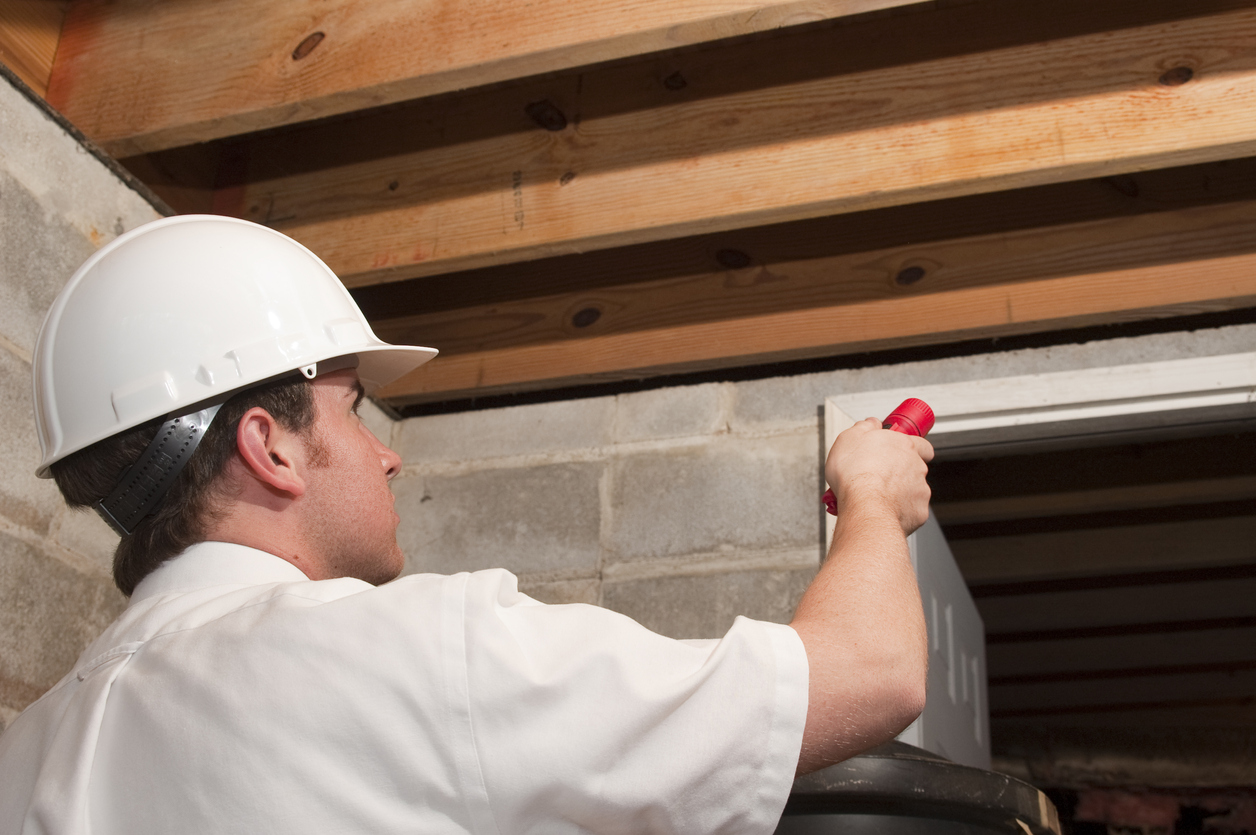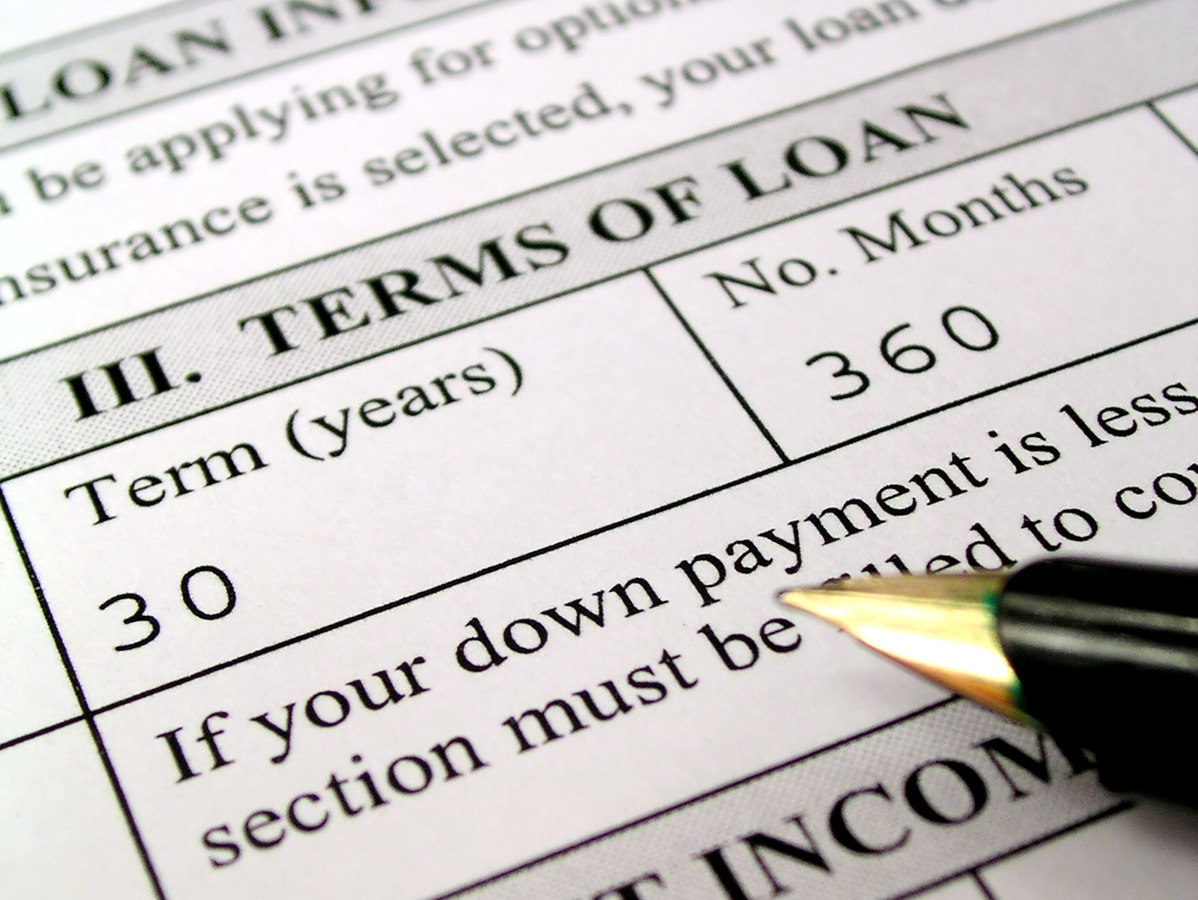Your 2022 Home Buying Game Plan

Over the past year, the real estate market has been marked by unpredictability and, at times, overheated competition. This has resulted in some buyers bowing out after one too many disappointments while other potential buyers put off their home buying plans, hoping that things would settle down.
Whichever type of buyer you are, you may be thinking ahead to the new year and planning to begin a search for a new home. If so, it’s vital to prepare for the challenges and opportunities that lie ahead.

Financial Preparations
Preparing yourself financially will be one of the most important aspects of your homebuying plan. While many potential buyers have a good grasp of the savings required for a down payment, they may not be prepared for the other expenses associated with home buying, including:
- Earnest money deposit (EMD)
- Closing costs
- Application, origination, and underwriting fees
- Home inspection
- Appraisal
- Moving expenses
Of course, one of the factors that has made the housing market so active over the past year and a half has been the record-low interest rates for home loans. As you prepare to purchase a home in the near future, you’ll want to keep track of those rates. While they are not projected to rise significantly, they are projected to rise, so it’s important to gauge the impact that upcoming changes will have on your bottom line.
Remember, the terms of your mortgage can be highly variable depending on your overall financial history and your creditworthiness. A lower credit score can have a significant impact on your interest rate and chances of approval. Be sure to check your credit report well ahead of time to ensure that there are no surprises and to make any needed adjustments.
In addition, be mindful that a lower down payment mortgage option may result in the need for additional mortgage insurance, raising your monthly payments. Take this into consideration as you plan your homebuying budget.

Market Research
Planning ahead for your home purchase gives you a great chance to do some research on your chosen neighborhoods. While this includes proximity to work and neighborhood amenities, it also includes tracking the prices of comparable properties in your target area.
Talk with a real estate agent or broker to develop a baseline for current comps and historic trends in the neighborhood you’re interested in. Remember that there has been significant market movement over the past year and a half, with home prices rising at a record pace in many communities. Understanding the change in home values over the past several years can give you a more realistic perspective.
In addition, work with a real estate professional now to develop a targeted search based on your neighborhood and property preferences. This will allow you to see when new properties come on the market that fit your criteria so that you can begin to develop a sense of how values are changing over the next few months.
Real estate inventory has been low in many places, driving home prices higher and resulting in multiple offers for most new listings. You may have experienced some of these competitive situations and backed off from your home search temporarily. If you continue to see low inventory levels in the months ahead, talk to a real estate agent about alternatives, including:
- Alternative neighborhoods
- Adjustments to your wish list
- Availability of fixer-upper properties
- New construction in your market
- Changes to your financing to make your offer more competitive

Wish List Creation
Once you have honed in on your chosen neighborhood and put together your numbers, it’s time to take a look at your wish list for your next home. You may find that your preferences are out of step with homes in your chosen neighborhood or that you are underestimating the cost of some of the bells and whistles you have in mind. It’s important to consult with an agent or broker to make sure that your wish list makes sense for the neighborhood and budget you’ve targeted.
Remember, while you may be hoping for a turnkey situation with no repairs or improvements needed, that may not be realistic in the current market. Consider what changes you might be willing to make either before your move-in date or after. Think about your budget and see if you can stretch it to make some desired updates and upgrades on your own dime.
In the long run, it may be better for you to add some flexibility to your wish list. You don’t want to overlook a great property just because it doesn’t check off every single box. You also don’t want to overpay for a property in lieu of making some minor changes on your own.

Mindset Shifts
The home buying process can be mentally and emotionally draining, especially if you have had some difficulties in the past with a previous offer. Consider the following mindset shifts to set you up for a more positive experience this time around.
- Instead of focusing on easy fixes like paint color or appliances, focus on the bones of the house, the location, and other factors that aren’t as easy to change.
- Remember to set a budget that makes sense for your lifestyle. You don’t want to overextend your homebuying budget if you normally spend a fair amount of money on travel and entertaining, for example.
- Understand that creating your home is a process that can take months or even years. You don’t have to replace all your furniture when you buy your new house or have two new cars in the driveway. Take your time and make changes that are meaningful to you without the financial pressure of a full-scale transformation.
- Know that there are always twists and turns on any worthwhile journey, and buying a home is no exception. Delays and setbacks may come. Prepare for them emotionally in advance, and remember that the only thing to expect is the unexpected.
A trusted real estate professional is a valuable resource who will be with you every step of the way to the closing table and beyond. Start early collaborating with an agent or broker so that you are better prepared for your 2022 home purchase.













